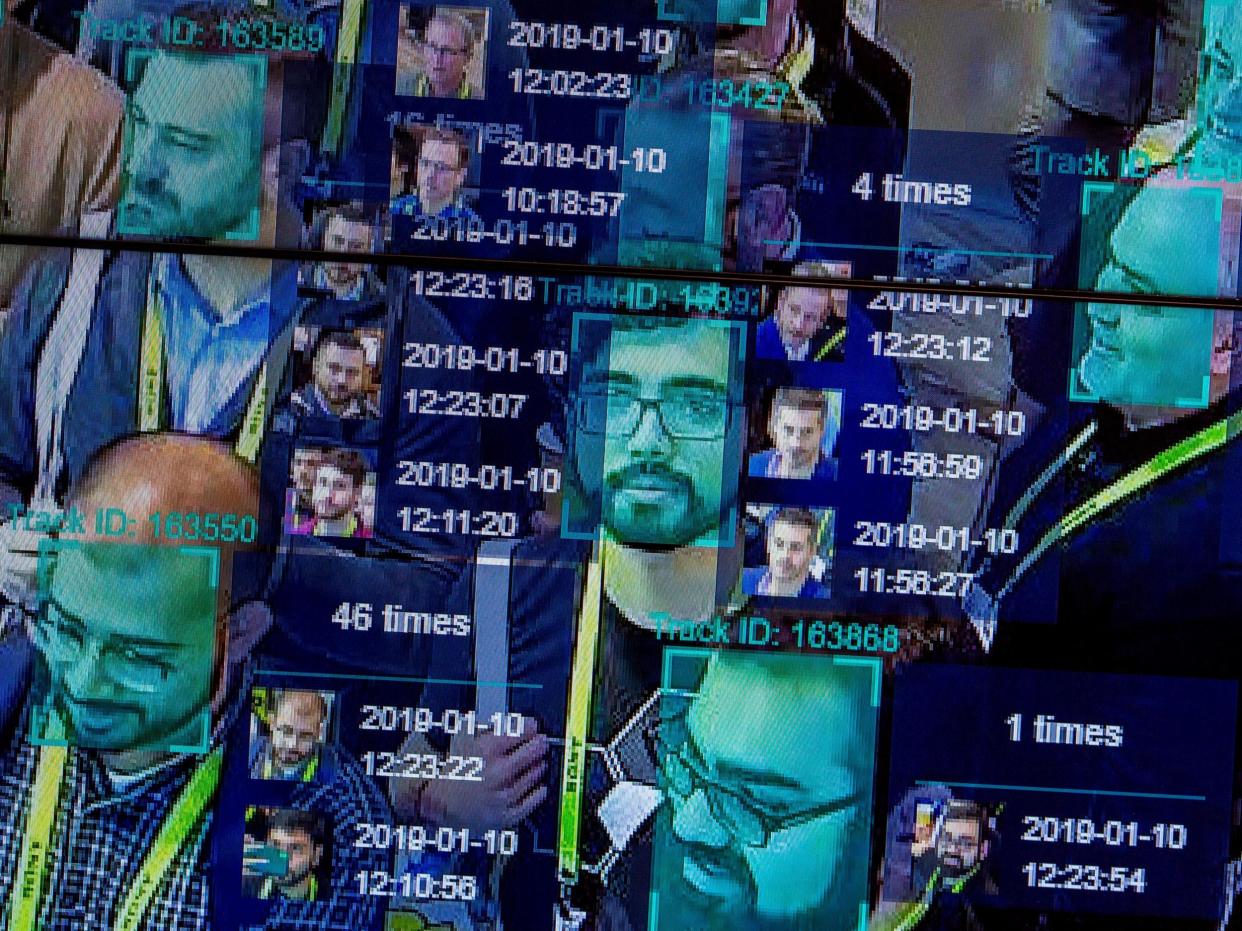Google, Microsoft, and Amazon provide ‘essential web services’ to almost every company on US blacklist

Google, Amazon and Microsoft provide "essential web services" to 13 of the most controversial surveillance companies in the world, eight of which are on the US blacklist due to allegations of human rights violations.
These web services involve analytics software, email, and web hosting, according to a report by VPN research site top10vpn.
The companies added to the US government’s Industry and Security Bureau’s “Entity List” were accused of “human rights violations and abuses in the implementation of China’s campaign of repression, mass arbitrary detention, and high technology surveillance against the Uighurs, Kazakhs, an other members of the Muslim minority groups” in the region.
While private companies can have transactions with listed entities, the government says that “transactions of any nature with listed entities carry a ‘red flag’ and [it is recommended] that US companies proceed with caution with respect to such transactions”.
Google provides analytic and email services to companies including Ntech Labs, and Clearview, the report stated.
Ntech Labs is a Russian facial-recognition technology which powers the approximately 150,000 CCTV cameras in Moscow. Russia has been pushing for greater facial-recognition in the capital yet has a questionable history with the technology, including criticisms that CCTV footage has been hidden to obscure political crimes.
Clearview is a similar facial-recognition service whose founder has “pervasive links [to] the alt-right”, as it breached social media company’s terms and conditions to construct its database.
Hikvision allegedly sold Chinese authorities 1,000 facial recognition cameras to be placed in mosques in Xinjiang so Uighurs could reportedly be better monitored.
Amazon is the web hosting provider for both Hikvision and Dahua Technology, a company which was specifically mentioned din a letter to President Trump’s advisors stating that it potentially assisted in “crimes against humanity”, although the company has denied this. Amazon has also reportedly purchased cameras from the Chinese company to create a more “streamlined experience for [its] employees.”
Amazon also hosts the NSO Group, a spyware provider from Israel which has been repeatedly criticised for its involvement in spying on human rights workers, hacking hundreds of phones via WhatsApp and is currently mapping coronavirus cases.
Microsoft provides the web hosting capabilities and the email support for Ntech Labs, as well as allowing SenseTime to host emails on its Azure cloud computing service. Sensetime was found to be the supplier of equipment to officials in Xinjiang, where Muslims are reportedly held in internment camps, alongside Megvii, which also uses Microsoft Azure.
“Our research shows that Google, Amazon and Microsoft continue to help some of the world's most controversial technology companies stay online. Many of the companies in our report have faced serious allegations of human rights violations and are known to have sold their invasive surveillance technology to authoritarian regimes around the world,” Samuel Woodhams, co-author of the report, told the Independent.
“Despite this, US companies continue to provide them with essential web services, allowing them to continue promoting their technology without restriction. The report also shows that attempts by the Trump administration to decouple the American and Chinese technology sectors have so far been relatively limited in their success.”
We have reached out to Google, Microsoft, and Amazon for comment.
Read more
Surveillance CEO resigns following reports of neo-Nazi past
Coronavirus lockdown causing ‘creeping’ expansion of surveillance
‘Dictatorships often start in face of a threat,’ UN privacy chief says


